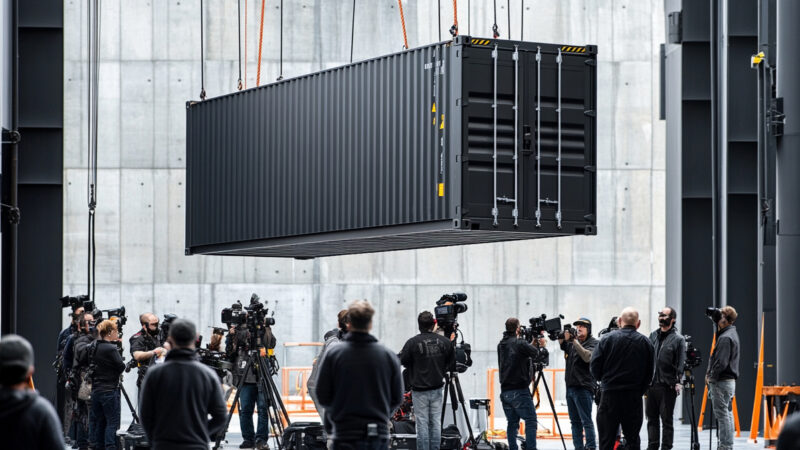Uncertainty hurts as media braces for tariff impact
The presumption was that Trump would be great for business. Not even three months into the Trump presidency, that belief is being pretty thoroughly tested.
Since the introduction of his tariffs last Wednesday, the S&P 500 plummeted nearly 11% – wiping $5.2 trillion off the stock index. For media, it’s not only tariffs but also changes in the regulatory environment that are having a detrimental impact.

(Midjourney)

